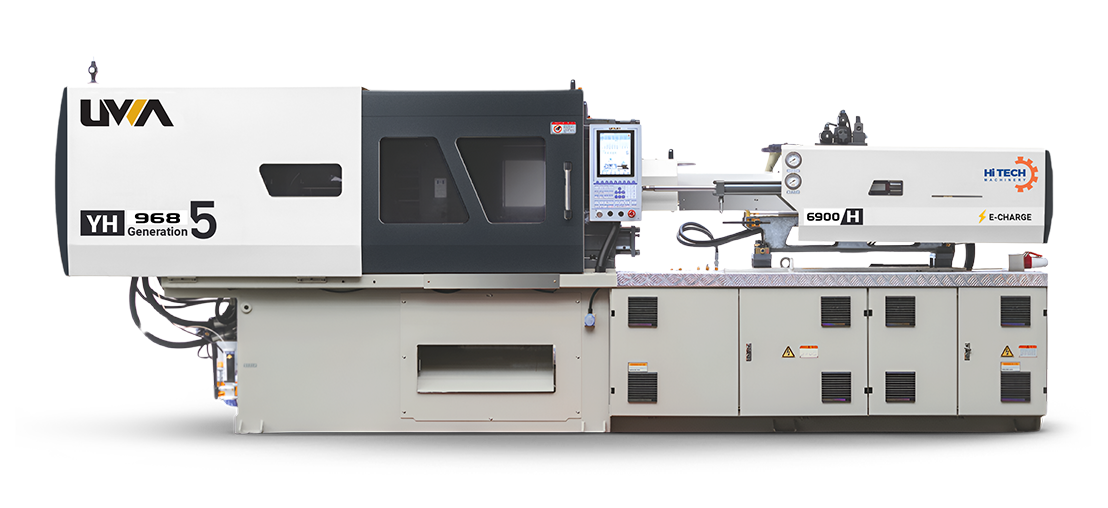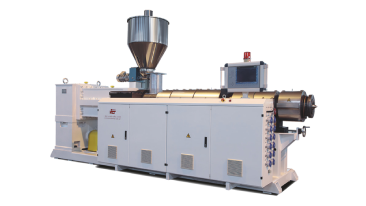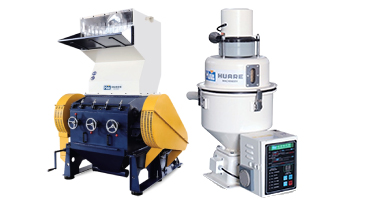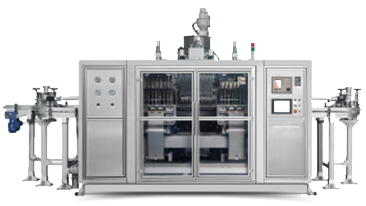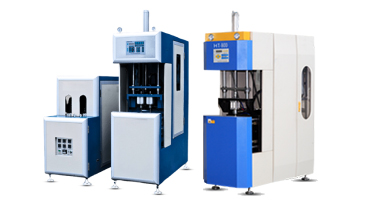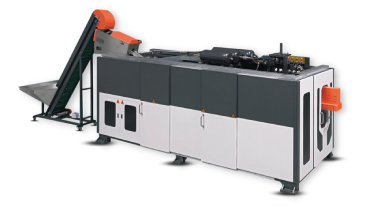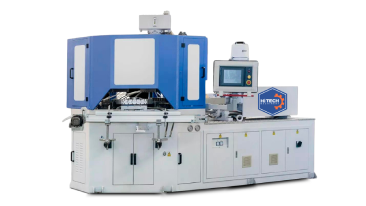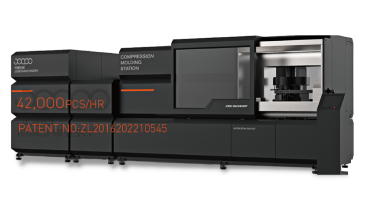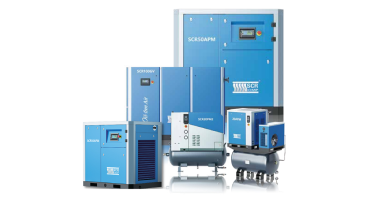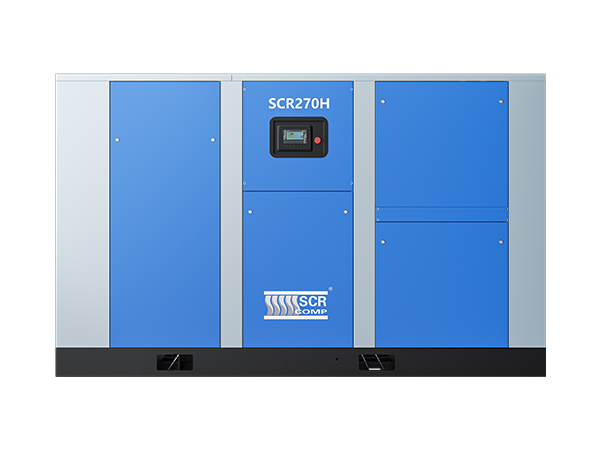Introduction Screw Air Compressor in the Cement Industry
In the ever-evolving realm of cement production, the integration of Screw Air Compressors in the Cement Industry in UAE,” with cutting-edge HiTech Machinery holds a pivotal role in optimizing various processes. This article delves into the multifaceted importance of screw air compressors in the cement industry, examining their applications in storage, transportation, and dust collection mechanisms, with a specific focus on the advanced solutions provided by Hitech Machinery.
Storage Silos and Pneumatic Conveying
Storage silos serve as integral components of ready-mix concrete batching plants. Tankers deposit fluidized powder through pneumatic conveying, oil free air compressors with discharge controls to pressurize tanker vessels. This controlled pressurization fluidizes the powder in tanker distributor planes, facilitating its distribution to pipes running into cement silos.
Ensuring Ventilation and Safety
Critical to preventing plastic manufacturing machinery damage is the ventilation of air through filters in silos. Improper ventilation can lead to over-pressurization, posing safety hazards such as silo explosions, lid damage, and faults in filtration systems.
Conveyance and Loading of Ash in Cement Manufacturing
The combustion processes in cement manufacturing produce ash, necessitating its conveyance and loading. Fly ash handling systems, prevalent in the industry, utilize air compression mechanisms to transfer ash from thermal power stations to storage silos for use in cement making.
Efficiency Through Air Compression
Cement factories optimize space and energy consumption in ash handling processes through the strategic application of air compression. This is particularly evident in utilizing air force to handle and transport ash through smaller conveyor pipes.
De-dusting in the Cement Industry
Additionally, air compression finds application in de-dusting processes within cement plants. Dust collection systems rely on compressed air for efficient dust removal. Precision is achieved through a specific air weight, distributed via pulse valves to bags in the system, ensuring the proper functioning of dust collection mechanisms.
Precision in Dust Collection
The role of a pulse nozzle is crucial in controlling the weightage of compressed air. This precision is vital, as accurate levels of air pressure are required for the effective repetition of the dust collection process.
Monitoring Baghouse Filters
Regular monitoring of baghouse filters in a dust collection system is essential. This practice ensures a decreased likelihood of corrosion, ultimately extending the overall lifespan of the system.
Pneumatic Actuators and Rotary Movement
In cement factories, pneumatic actuators play a key role in creating rotary or linear power forces, powering the rotary movement of valves. Compressed air serves as an integral component in pneumatic actuators and controls within the cement manufacturing industry.
Importance of Optimal Air Compression
It is imperative to maintain optimal air compression, free from contaminants like oil, dust, and water. Contaminants can corrode and deteriorate pneumatic system processes, underscoring the necessity for maintaining a contaminant-free environment.
HiTech Machinery Solutions
Furthermore, the integration of HiTech Machinery enhances the efficiency and capabilities of screw air compressors in the cement industry in UAE. These advanced solutions provide control systems, real-time monitoring, and predictive maintenance, ensuring seamless operations and minimizing downtime.
FAQs
Q: How do screw air compressors contribute to safety in the cement industry?
Screw Air compressors contribute to safety by controlling pressurization in storage silos, preventing over-pressurization hazards, silo explosions, and machinery damage.
Q: What is the role of air compression in fly ash handling systems?
Air compression facilitates the transfer of ash from thermal power stations to storage silos, optimizing space and energy consumption in the process.
Q: Why is ventilation crucial in storage silos?
Ventilation in storage silos prevents plastic machinery damage and safety hazards associated with over-pressurization, ensuring a secure working environment.
Q: How does air compression enhance efficiency in dust collection systems?
Air compression, through pulse valves and nozzles, ensures precise air pressure levels for efficient and repeatable dust collection processes.
Q: What is the significance of monitoring baghouse filters in dust collection systems?
Regular monitoring of baghouse filters decreases the likelihood of corrosion, extending the lifespan of the dust collection system.

